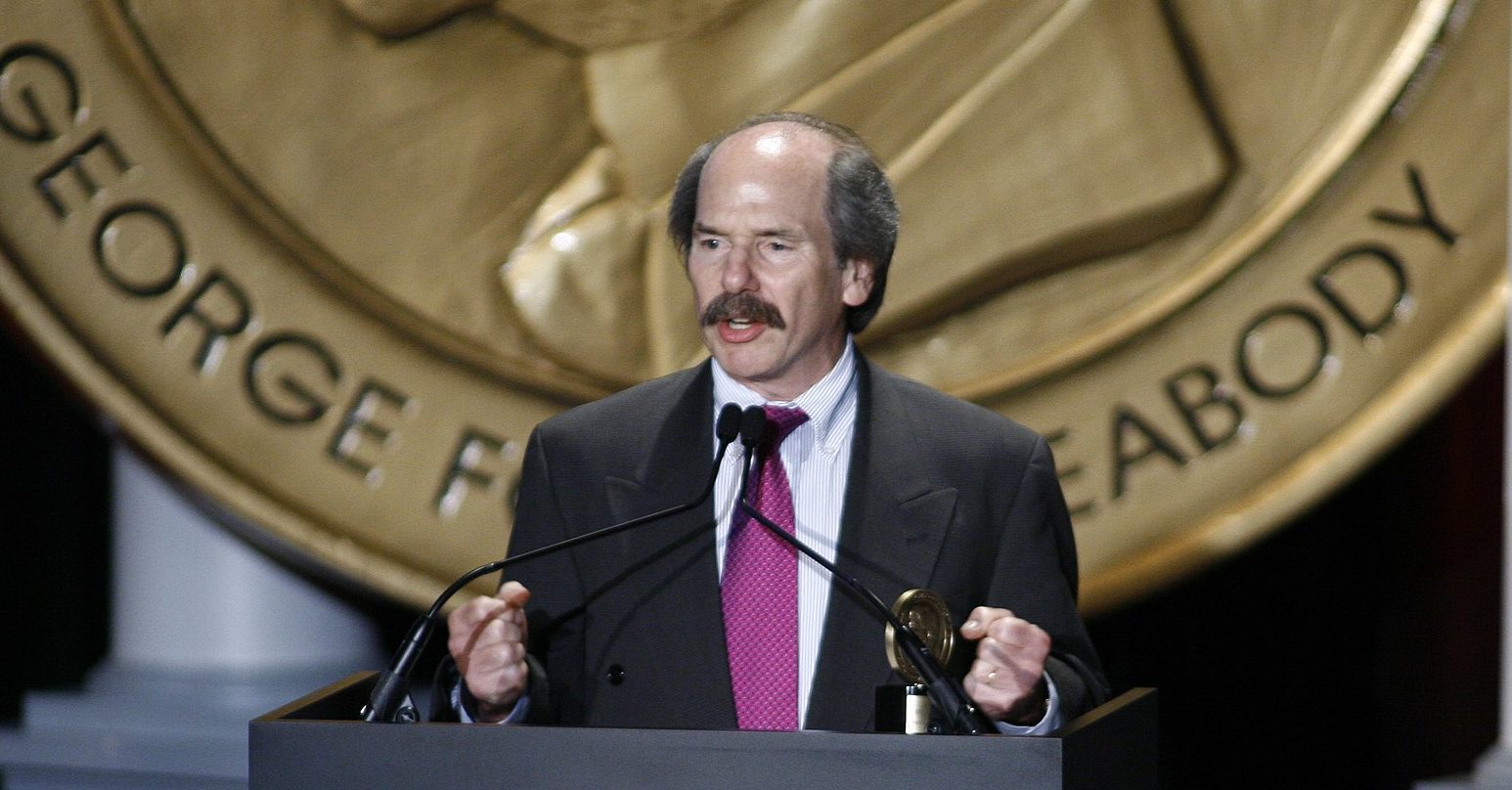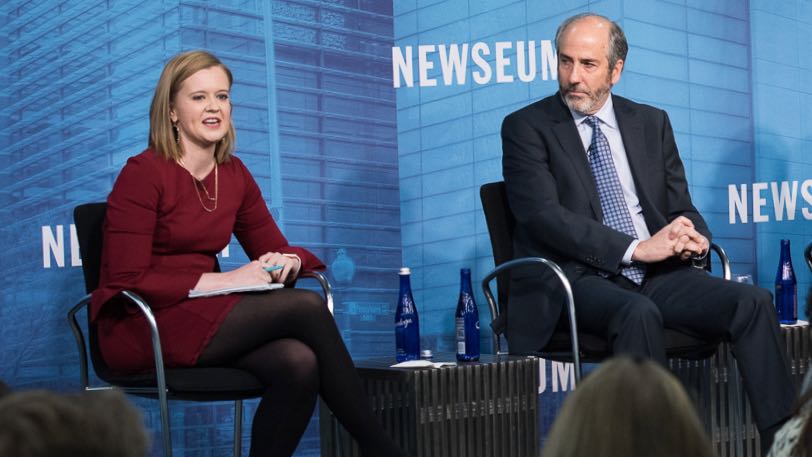System/Policy
NPR’s Daniel Zwerdling out after investigation into harassment
At least two NPR staffers reported Zwerdling to human resources in November, according to sources close to the investigation.Public media executives grapple with how to prevent harassment
A session at the NETA conference covered how system leaders are re-examining practices dealing with harassment complaints.HR chief Marjorie Powell leaves NPR
COO Loren Mayor has hired a consultant to run the department as she rethinks its leadership structure.Public TV begins counting ‘invisible audiences’ for education content
Stations reach millions of people through off-air services such as parenting workshops but lack a common approach for measuring their reach and ...CPB’s American Graduate backs job training projects at stations
The corporation announced the grants, which range from $170,000 to $200,000, at the annual meeting of the National Educational Telecommunications Association.Media funders launch initiative to restore audience trust through engagement
A new grant-making initiative will subsidize costs for newsrooms to adopt the Hearken and GroundSource platforms.Pacifica seeks loan to avoid bankruptcy
The network is also continuing to explore the possibility of raising funds through a frequency swap.Report: Most Americans don’t cite NPR, PBS as objective
A Gallup/Knight Foundation report released Tuesday finds a strong correlation between political values and distrust of the media.Reporters who broke stories about harassment in pubmedia reflect on changing attitudes
A daylong summit about sexual misconduct in newsrooms included discussion of how NPR and other media organizations have enabled powerful men at ...WETA seeks county incentives to stay close to current home
The public broadcaster has been looking for a new location for its studio and headquarters.New York Public Radio fires Leonard Lopate and Jonathan Schwartz
WNYC placed the hosts on leave earlier this month following allegations of inappropriate behavior and sought outside counsel to investigate.Va. radio network seeks to split music, news formats with purchase of two signals
Commonwealth Public Broadcasting Corp. in Richmond was a big winner among pubcasters in the FCC's spectrum auction.Latest tax reform legislation saves private activity bonds
Public broadcasters have used the bonds to fund construction projects and signal expansions.NYPR taps outside experts to investigate harassment claims, advise on newsroom culture
The NYPR board heard from Walker, staff and board about how to restore trust.WGBH COO Godley to shift duties to focus on business services
A plan to expand the Contributor Development Partnership calls for enhanced analysis of public media donor behaviors.








